Why include TTRS in prisoner education?
It teaches new skills for education and employment
It builds focus and concentration
It boosts confidence and self-esteem
It encourages self-directed learning
It offers insights that can be used to inform teaching
It caters for different ability levels
Testimonials and reviews
Every day is a struggle when you have severe dyslexia. This world isn’t set up for people who struggle with literacy and we need more tools like TTRS to help adults who are out there and suffering in silence. TTRS is one part of my dyslexia toolkit. I do my typing for a half hour every night. I put that in my schedule and make it a priority.
We were looking for typing software that would teach keyboarding, but also help students make progress in terms of literacy skills development. We chose Touch-type Read and Spell for this reason, and because it worked well for learners of different ages...
The program was so successful that we were able to introduce it as a group training activity at the Tramway Offices of the North Lancashire Training Group, at workshops in two local schools and as part of the local education offerings for young offenders.
What I like about TTRS is that it’s easy and straightforward to use. The first time I signed in to the program I was able to get started right away. I did two modules and felt confident and pleased with myself.
When I write emails I normally look up and there are about ten red lines with errors. Now it’s about half that, and that’s only from using TTRS for 3-4 weeks.
It’s hard to know where to start when learning how to spell as an adult. It seems there are as many words that break the rules in English than that follow them; it’s so inconsistent. I’m enjoying doing the Touch-type Read and Spell course. I’m up to Level 3 of the first modules.

Prison Subscription Pricing
Please contact us to discuss costs and how we can help with offender education and rehabilitation.
Frequently asked questions
Is it possible to use TTRS without an internet connection? Yes, we have different options which avoid the need for an active internet connection including TTRS Classic and downloading our app to use TTRS on an iPad.
Can ex-offenders continue to use TTRS after they have been released from prison? Definitely, we can transfer their data to their own account or one managed by a probation officer. Continuing to use TTRS with ex-offenders in the community can help them to turn their lives around and reduce the chance of reoffending.
Can we replace an inactive user? The TTRS course is ‘roll-on, roll-off’ – which means you can delete a user and utilise the space to create another learner account.
How does TTRS help people? TTRS helps to develop the typing and literacy skills of young people and adults including those who have difficulties with reading, writing, and spelling for a broad range of reasons, and at the same time increases their level of confidence, self-esteem and motivation as learners.

